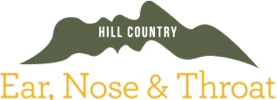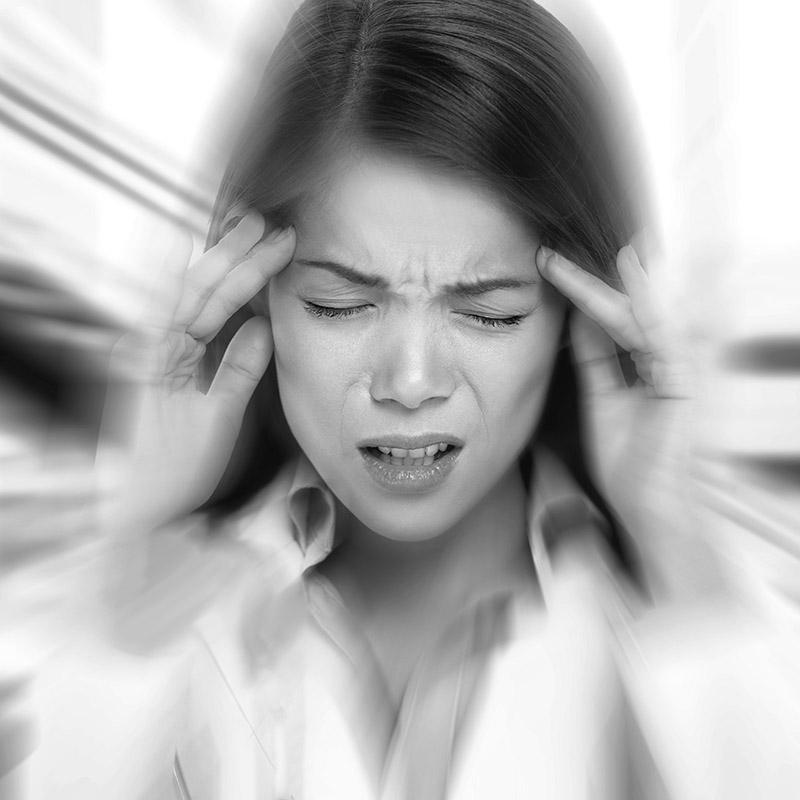Tinnitus (pronounced tin-NI-tus or TINN-ei-tus) is the perception of sounds in the ears or in the head that are not present in the environment. For example, tinnitus can sound like ringing, buzzing, whoosing, humming, chirping, cicadas, or like a concha shell. It can even sound like your heart beat. The best description I’ve been able to give my own tinnitus is that it sound like the “on sound” of an old television set when it is first turned on. Tinnitus can be constant, fluctuating, intermittent, or rare. According to the NIDCD approximately 10% of the population (25 million Americans) have experienced tinnitus.
Potential causes of tinnitus:
• Hearing loss
• Noise exposure
• Medication
• Earwax buildup
• Cardiovascular issues
• Ear and sinus infection
Although there are many causes of tinnitus, it can also be present in the absence of obvious abnormalities. If it is persistent it can cause anxiety, stress, depression, fatigue, and affect one’s concentration. For some, tinnitus is not bothersome, or something that is only perceivable in very quiet situations like when going to bed at night.
Things that can make tinnitus worse:
• Noise exposure
• Alcohol or caffeine
• High salt diets or unhealthy diets
• Anxiety or stress
• Quiet environments
Although there is no medication or procedure to “cure” tinnitus, there are several things that can be done to help manage it.
Tips for Managing Tinnitus:
• Avoid very quiet areas o Play relaxing nature sounds, background music, or even the sound of a ceiling fan can help mask (or “drown out”) the sound of your tinnitus Check out the ReSound Relief free app to download for access to some calming sounds to help manage tinnitus
• Reduce alcohol and/or caffeine intake
• Healthy lifestyle habits such as healthy diet, exercise, and sleep can have a positive impact on your tinnitus
• Protect your ears from loud sounds o Use hearing protection when around machinery, power tools, lawn mowers, firearms, etc. to help prevent tinnitus from worsening
• Stay busy o People tend to notice their tinnitus most when they are in quiet places or when the have time to think about and focus on it
• Relaxation techniques o Be aware of your own body and consciously relax your breathing and focus on reducing anxiety that may be related to your tinnitus
• Counseling/Therapy o Cognitive behavioral therapy with a counselor has been shown to help reduce the negative effects tinnitus can have by helping the patient manage their emotional response to the tinnitus
• Hearing aids o For those with tinnitus and hearing loss, use of a hearing aid can actually help reduce the patient’s perception of their tinnitus by stimulating the auditory nerve and by increasing the patient’s awareness of environmental and ambient sounds
• Maskers o Similar in appearance to a hearing aid, a tinnitus masker introduces relaxing or distracting sounds into the ear to help cover up the tinnitus o Using the same device, a masker can also be used in a “retraining” technique to help the patient habituate to the sound of their tinnitus
Tinnitus is not always associated with a serious health problem, but it should still be evaluated by a physician to ensure there are no underlying causes. An ear, nose, & throat physician can perform an exam to help determine any medical causes that can be associated with tinnitus. A hearing test with an audiologist can help determine a differential diagnosis and can help make recommendations in the process to manage tinnitus.
More information about tinnitus can be found here: https://www.nidcd.nih.gov/health/tinnitus https://www.ata.org/ References: NIDCD (2017). Tinnitus. Retrieved from: https://www.nidcd.nih.gov/health/tinnitus Makar, S. K., Mukundan, G., & Gore, G. (2017). Treatment of tinnitus: A scoping review. International Tinnitus Journal, 21(2), 144-156.


